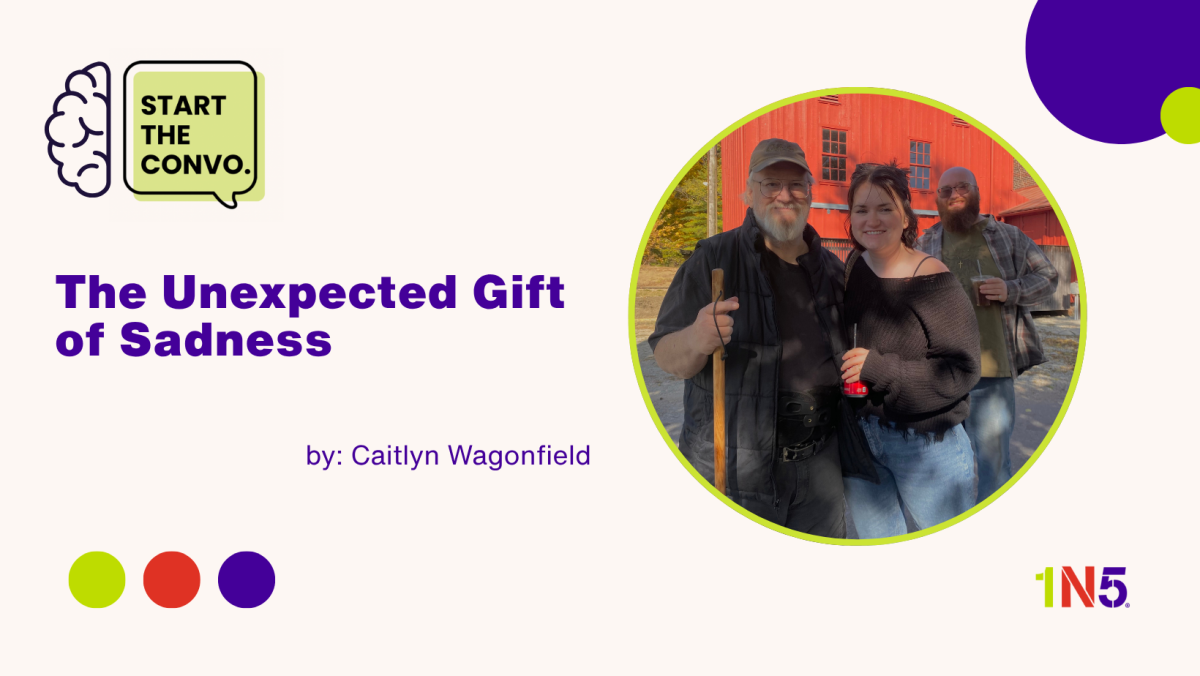Grief is strange, isn’t it? It settles in your chest, a heavy, unwelcome guest that you just can’t get rid of. For me, grief was no stranger. As the youngest child of older parents, I had experienced loss several times, and I thought that made me an expert, but what it actually did was teach me maladaptive coping skills that made losing my dad in 2022 even harder.
My dad was the person who understood me the most, and also the person who pushed me the most. We had a complicated relationship that could easily be explained by us both being stubborn and outspoken, but we had a silent understanding that transcended words.
When he passed, it felt sudden even though he had been involved in a three-year-long battle with cancer. In a way, it was weird; I never remembered being upset that he was sick or that at any moment I could lose him. It wasn’t until later that I realized it was because I wasn’t allowing myself to feel any feelings about his diagnosis at all. I told myself I had to stay positive and be strong for everyone else.
I remember when it hit me that I would never talk to him again. I fought against that sadness. I felt guilty for letting it consume me. I’d try to push it down, to distract myself, to pretend I was okay when I clearly wasn’t. But something changed when I had the realization that this sadness meant and continues to mean that I loved him deeply. This sadness means he mattered. And suddenly, the burden felt a little lighter.
It’s not that I enjoy feeling sad, but I’ve come to almost appreciate it. My sadness is a testament to the incredible relationship I had with my dad. It’s a living, breathing echo of the love we shared. It means our connection was significant, that his life had left such a profound impact on mine.
In a world that often encourages us to be constantly happy, constantly ‘on,’ there’s a quiet power in embracing the full spectrum of human emotions. Sadness isn’t a weakness; it’s a profound indicator of what we value. It’s a reminder that we are capable of deep love, profound connections, and the courage to face life’s inevitable heartbreaks.
What if we allowed ourselves the grace to simply feel our sadness? What if we saw it not as an enemy, but as a poignant reminder of what it means to be human, to love, and to have experienced something so profound that its absence leaves an undeniable mark?
So, yes, I still get sad. The tears still come. But now, when they do, I know it’s okay to feel this. It means I lost something truly precious. And in acknowledging that loss, I also honor the beautiful gift of having had my dad in my life at all.

